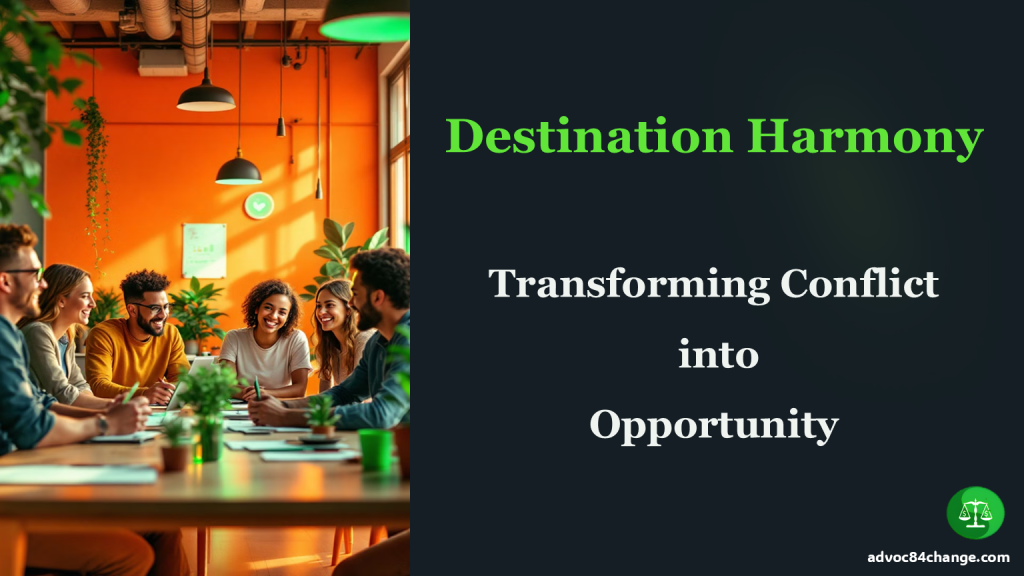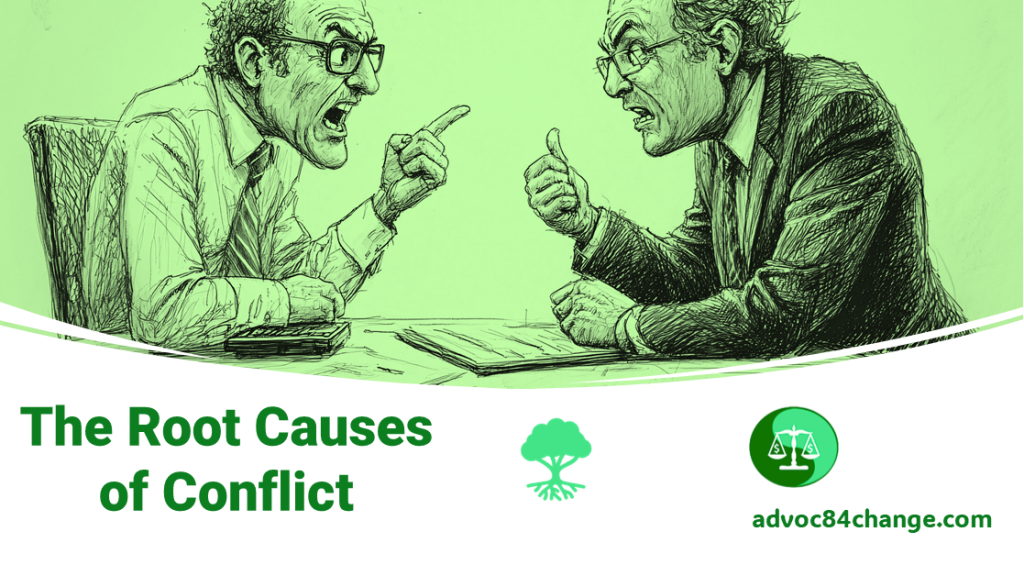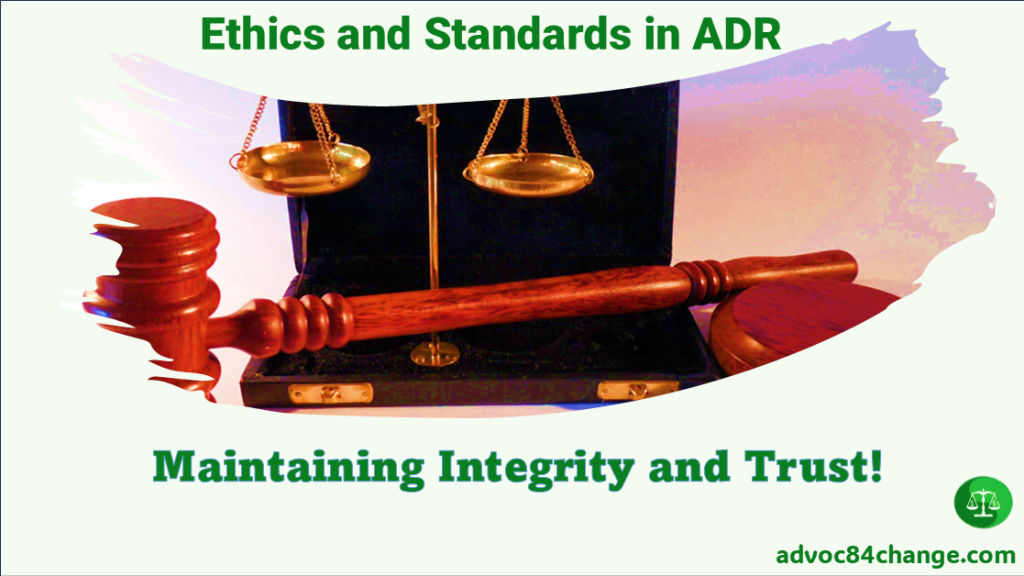
Conflict is an inevitable part of human interaction, but resolving disputes effectively is an art that requires skill, knowledge, and empathy. The Destination Harmony Training Program offers a transformative approach to Conflict Management and Alternative Dispute Resolution (ADR), equipping participants with the tools and competencies needed to foster collaboration, build trust, and achieve win-win outcomes.
This 6-module program is designed for professionals across industries, mediators, HR practitioners, leaders, and anyone seeking to enhance their conflict resolution skills.
Partner with us on a webinar, or book a private meeting for your group on one of the topics below. Or contact us and we can begin charting the course toward Peace, Harmony, and Productivity.




